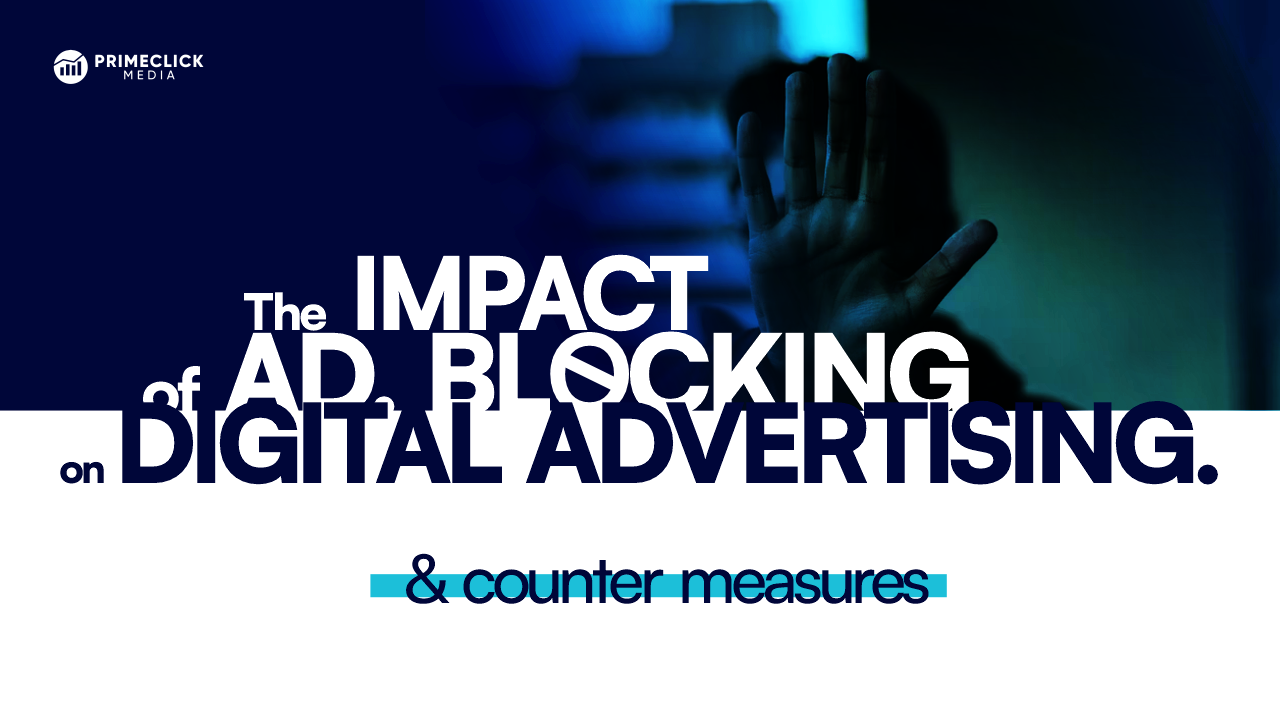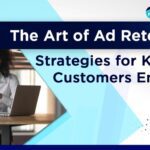
Ad-blocking software poses a significant challenge for advertisers and digital marketers. With users having greater control over their online experiences, the use of ad-blockers is on the rise, which restricts the effectiveness of digital advertising strategies. Therefore, it’s essential for brands, digital marketers, and business owners to understand the impact of ad-blocking on their operations and implement strategies that guarantee their ads reach the intended audience efficiently.
In this blog post, we will discuss:
- the impacts of ad blocking on digital advertising,
- major reasons why people use ad blockers, and
- what advertisers can do to combat ad blocking.
The Impact of Ad Blocking on Digital Advertising
- Decreased Reach and Visibility
The use of ad-blocking software hinders the display of ads to users, resulting in reduced reach and visibility for advertisers. Consequently, their well-crafted campaigns fail to reach the intended target audience, leading to a decrease in the potential audience size and limiting the exposure and effectiveness of digital ads.
- Reduced Ad Revenue
Many platforms and websites rely on ad revenue to sustain their operations, provide high-quality content, and also earn some profits. However, ad blocking reduces their income, making it difficult for them to make a profit or even maintain the platform.
- Disruption of User Experience
Ad blocking may offer users a browsing experience that is free of advertisements, but it can also upset the fragile equilibrium between free content and advertising that powers the internet. Publishers frequently offer valuable content for free in exchange for displaying ads. Ad blocking interferes with this exchange of value, which could ultimately result in a reduction in the availability of free content over time.
- Ad Format Evolution
To combat ad blocking, advertisers and publishers have been compelled to reevaluate and improve their ad formats. By delivering relevant and non-disruptive ads, advertisers aim to provide a more positive user experience and reduce the need for and usage of ad blockers.
- Growing Importance of Alternative Revenue Models
Ad blocking has fueled the exploration of alternative revenue models in the digital advertising industry. Publishers are increasingly turning to subscription-based models, offering ad-free options to users who are willing to pay for premium access.
Also Read: How to Measure the Success of Your Ad Campaigns
User Perspectives on Ad Blocking: Why Do People Use Ad Blockers?
- Intrusive and Annoying Ad Experiences
Users often resort to ad blockers due to the prevalence of intrusive and disruptive ad formats. Pop-up ads, auto-playing videos, and excessive ad placements can be a nuisance, hindering the user experience and distracting them while browsing websites. Ad blockers offer a remedy to counter these intrusive ad formats.
- Concerns about Privacy and Data Security
Another significant reason users turn to ad blockers is to protect their privacy and enhance their online security. This is because some users are apprehensive about targeted advertising that involves the collection and usage of personal data. By blocking tracking scripts and prohibiting data sharing with advertisers, ad blockers provide a sense of privacy and control to users.
Countermeasures to Ad Blocking: What Can Advertisers Do?
1. Improving Ad Quality and Relevance
To combat the impact of ad blocking, advertisers can employ these strategies to enhance the quality and relevance of their ads.
- Creating Less Intrusive and More Engaging Ad Formats: By avoiding pop-ups, autoplay videos, and other disruptive elements, advertisers can enhance the overall ad experience and reduce the likelihood of users resorting to ad blockers.
- Leveraging User Data to Deliver Personalized and Targeted Ads: By leveraging demographic information, browsing behaviour, and user preferences, advertisers can serve ads that align with users’ interests, increasing the chances of engagement and reducing the inclination to block ads.
2. Building Trust and Transparency
By fostering a sense of control and transparency, users are more likely to accept ads that align with their interests and feel no need to use ad blockers.
- Providing Clear Opt-in/Opt-out Options for Ads: Advertisers should offer users clear and transparent options to opt in or opt out of personalized advertising. This empowers users to make informed choices about the types of ads they want to see, fostering a sense of control and trust.
- Educating Users about the Value Exchange between Ads and Free Content: By letting users know that advertising revenue enables the availability of quality free content, users may be more inclined to accept ads as a fair trade-off.
3. Exploring Alternative Revenue Models
Alternative revenue models can serve as viable solutions to address the challenges posed by ad blocking, including the need for revenue, the usage of ads, and their impact.
- Subscription-Based Models and Ad-Free Options: Advertisers can offer subscription-based models that provide users with ad-free experiences for a fee. This allows users who prefer an ad-free environment to support content creators directly while still enjoying the benefits of free content.
- Native Advertising and Branded Content: Advertisers can incorporate native advertising and branded content into their strategies. These forms of advertising seamlessly blend promotional messages with editorial content, providing a more organic and less intrusive advertising experience.
The Bottom Line
The rise of ad blocking has had a profound impact on digital advertising, forcing advertisers and publishers to adapt to evolving user preferences and technological advancements. However, by employing effective countermeasures such as improving ad quality, fostering trust and transparency, and exploring alternative revenue models, we can navigate the ad-blocking landscape with confidence.
At Primeclick Media, we recognize the importance of delivering engaging and non-intrusive ad experiences to effectively connect with your target audience. Contact us today to get started!




